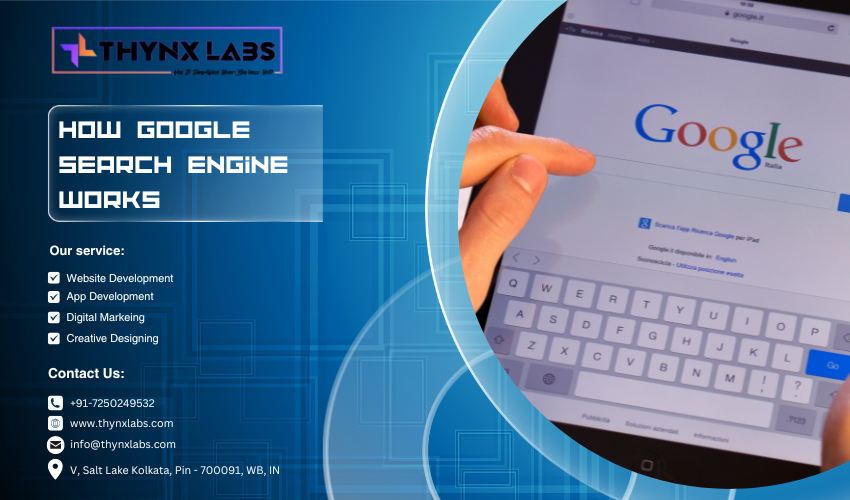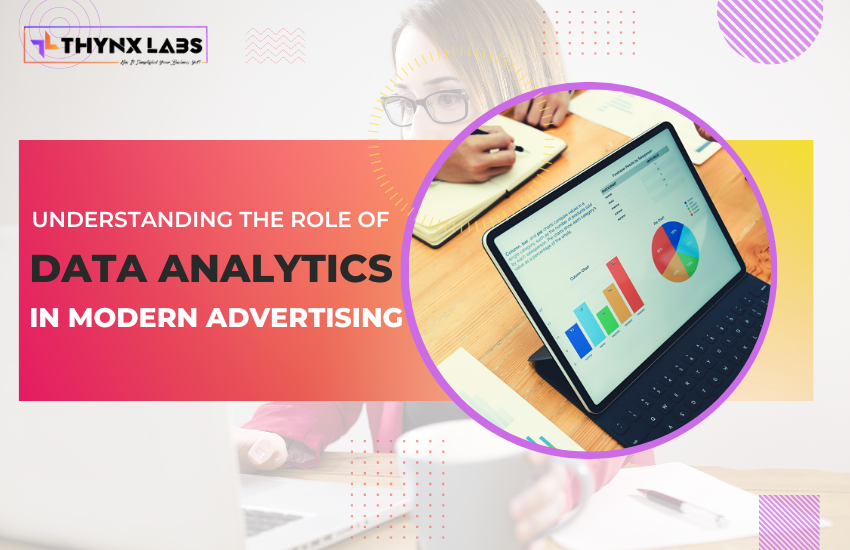Understanding App Development Agency Pricing Models
Understanding App Development Agency Pricing Models: A Comprehensive Guide
In today's digital age, having a mobile application for your business is almost a necessity. However, when it comes to developing an app, one of the crucial decisions you need to make is choosing the right app development agency pricing model. The pricing model you select can significantly impact your project's cost, timeline, and overall success. In this article, we will delve into the various app development agency pricing models to help you make an informed decision.
Introduction
Mobile applications have become indispensable tools for businesses aiming to enhance their digital presence. However, the path to developing a successful app involves strategic decision-making, starting with the pricing model.
Fixed Price Model
The Fixed Price Model is a well-defined approach where the agency and the client agree on a set price for the entire project. This model is suitable for small to medium-sized projects with clear and stable requirements.
Time and Material Model
The Time and Material Model is more flexible, as it charges clients based on the time and resources invested. This model suits projects with evolving requirements and offers better adaptability.
Dedicated Team Model
In the Dedicated Team Model, clients hire a dedicated team of developers, designers, and project managers. This model is ideal for long-term projects requiring continuous development and maintenance.
Hybrid Model
The Hybrid Model combines elements of both fixed pricing and time and material. It provides a predefined scope with the flexibility to accommodate changes during development.
Factors Influencing Pricing Models
Several factors influence the choice of pricing model, including project complexity, budget constraints, and the need for scalability. Understanding these factors is crucial for making the right decision.
Choosing the Right Model for Your Project
Selecting the most suitable pricing model depends on your project's unique requirements and goals. We will help you make an informed decision based on your specific needs.
Pros and Cons of Each Model
Each pricing model has its advantages and disadvantages. We'll explore the pros and cons to help you weigh your options effectively.
Common Challenges in App Development Pricing
Navigating the pricing landscape in app development isn't without its challenges. We'll address some common issues and provide insights on how to overcome them.
Tips for Cost Optimization
Discover effective strategies for optimizing your app development costs without compromising on quality.
Case Studies
Real-world examples illustrate how different pricing models have been applied successfully in various projects.
Future Trends in App Development Pricing
Stay ahead of the curve by exploring the evolving trends in app development pricing and how they might affect your future projects.
Conclusion
Choosing the right app development agency pricing model is a pivotal decision that can impact your project's success. By considering the options and understanding your project's needs, you can make an informed choice that aligns with your budget and objectives.
FAQs
Q.1 What is the most cost-effective pricing model for a startup app project?
The Time and Material Model is often a good fit for startups, as it allows flexibility and control over project costs.
Q.2 How can I ensure transparency in a fixed-price model?
Clearly define project requirements and milestones while maintaining open communication with the development team.
Q.3 What are the typical payment structures for each pricing model?
Fixed Price models usually involve milestone-based payments, while Time and Material models are billed on a regular basis.
Q.4 Is it possible to switch pricing models mid-project?
Yes, it's possible, but it may come with additional costs and complexity.
Q.5 What trends are emerging in app development pricing models?
The industry is seeing a rise in outcome-based pricing, where agencies are rewarded based on the app's performance and success.


